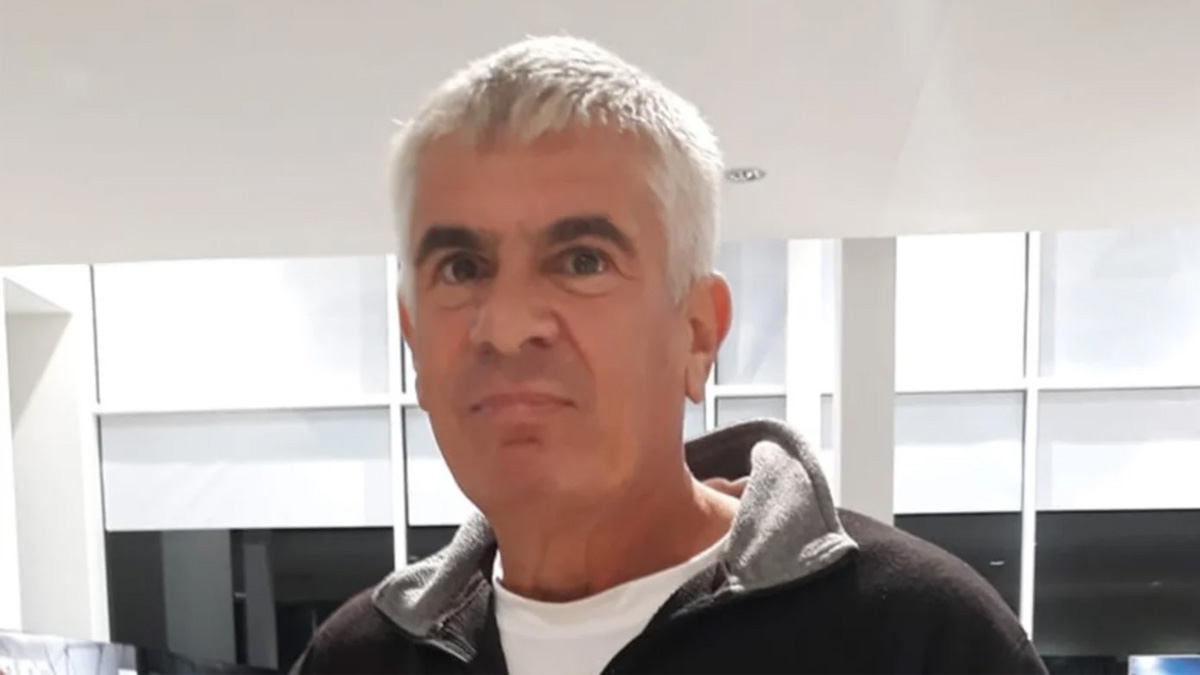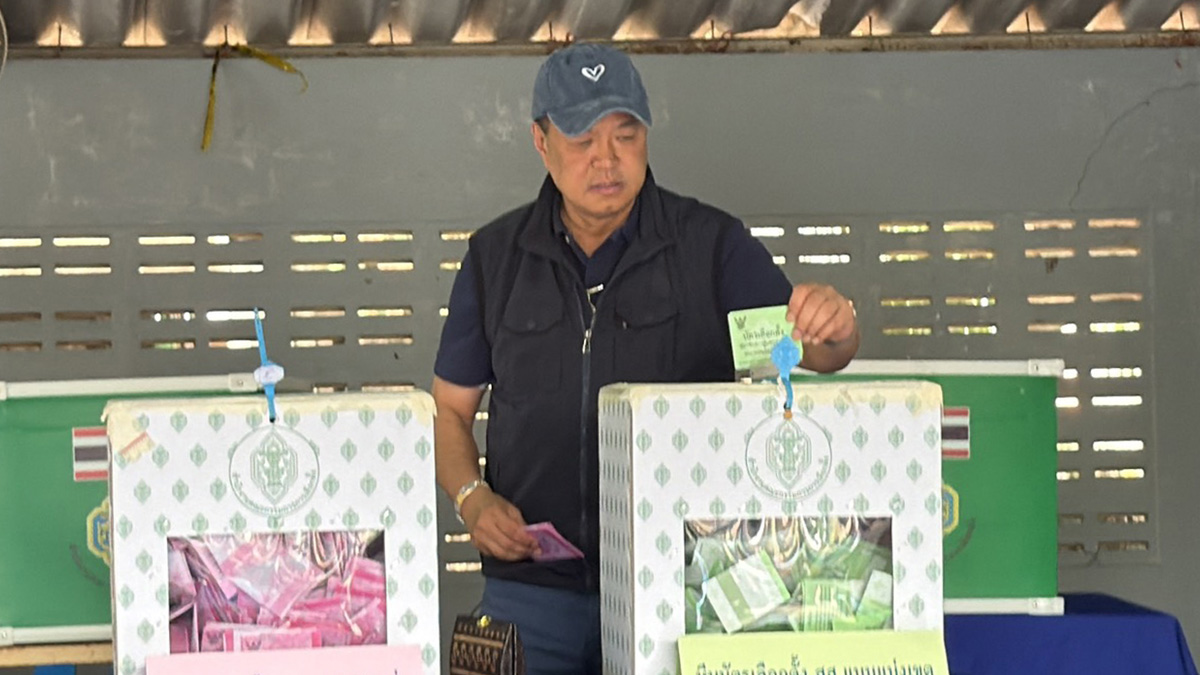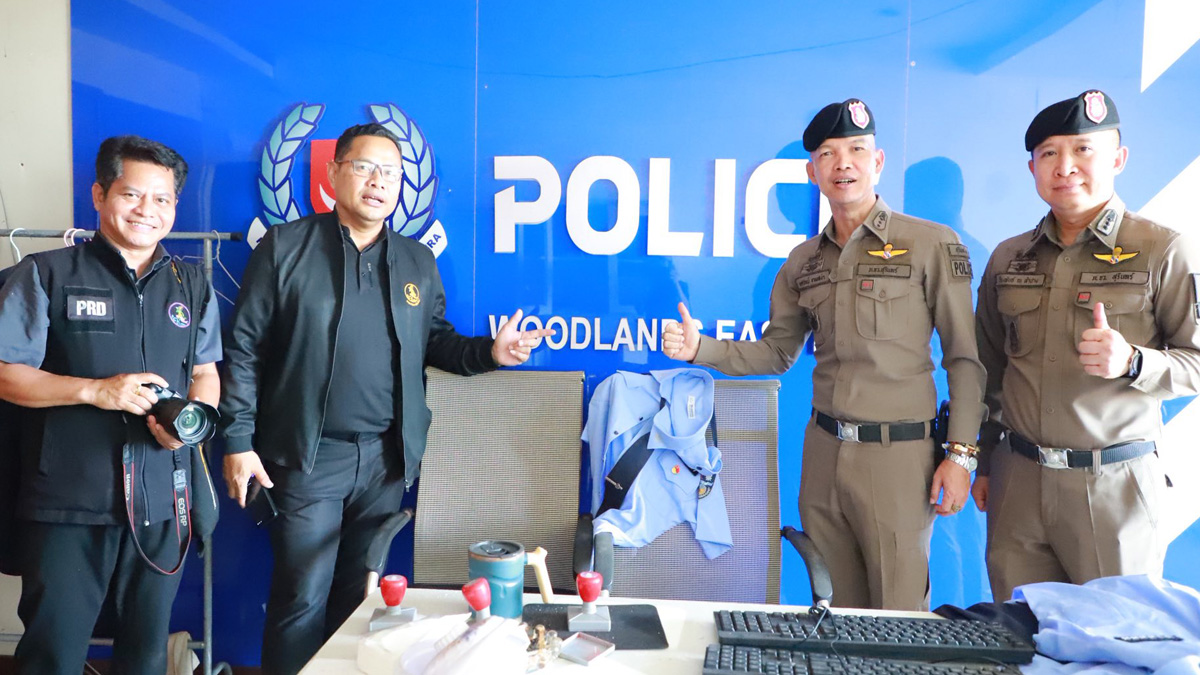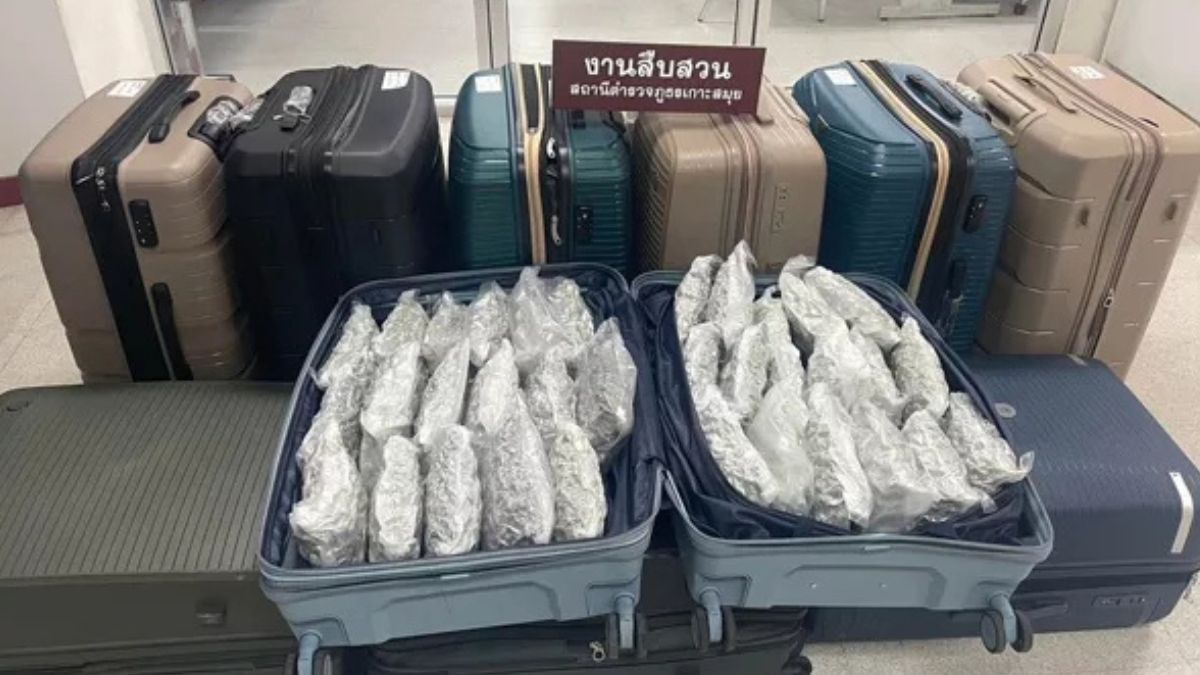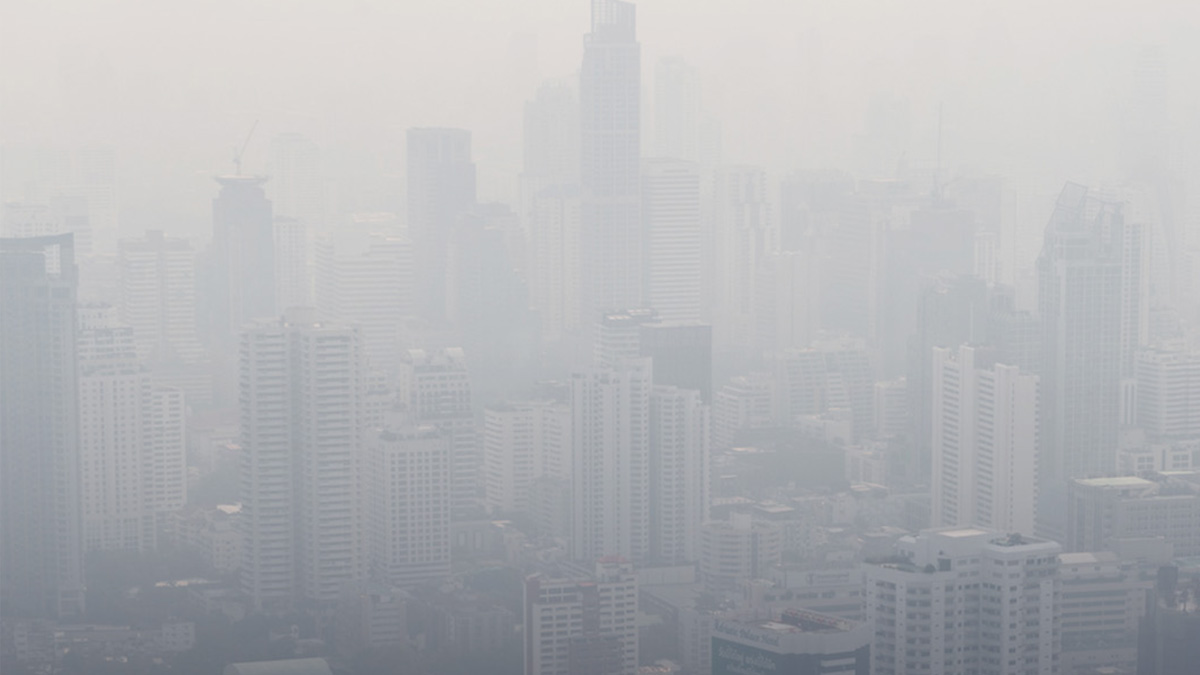Australian journalist to face Thai criminal defamation trial over Malaysian government criticism
Australian journalist Murray Hunter will stand trial in Bangkok on 22 December 2025 on a criminal defamation charge brought by Malaysian authorities over critical blog posts, raising concerns about cross-border repression and freedom of expression in Southeast Asia.
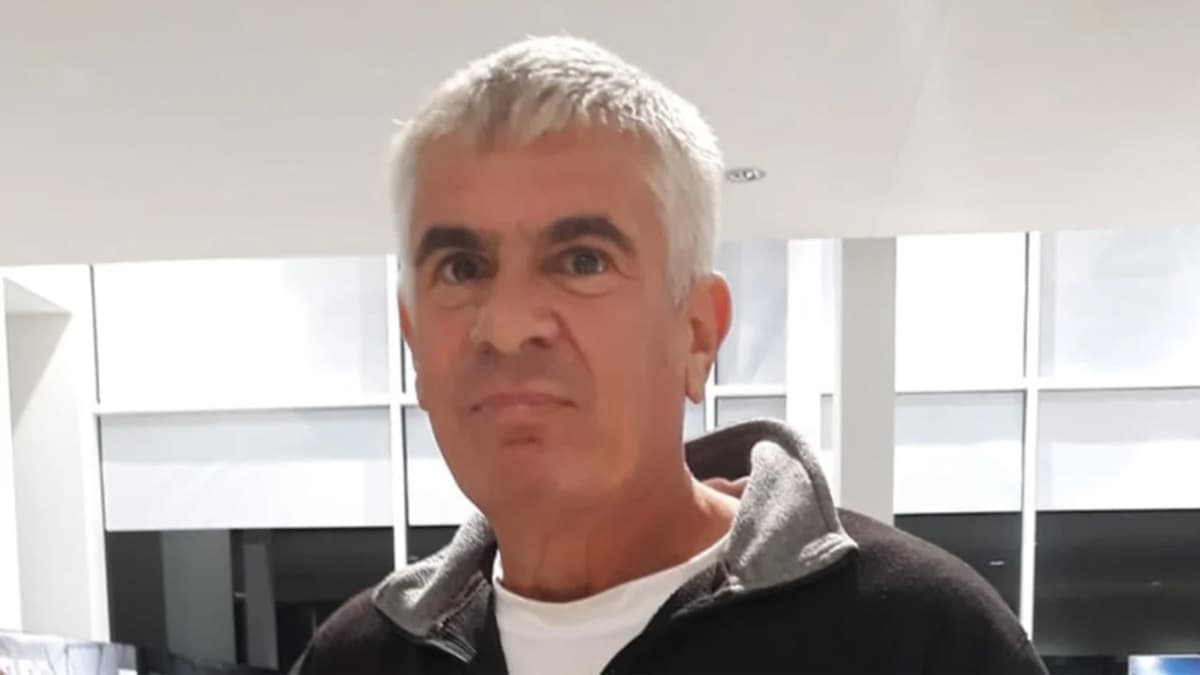
- Australian journalist Murray Hunter will go on trial in Thailand on 22 December for criminal defamation, based on a complaint by Malaysia's MCMC.
- The case stems from four Substack articles published in April 2024, in which Hunter criticised Malaysia’s regulatory and enforcement agencies.
- Rights groups condemn the proceedings as a transnational SLAPP case, raising concerns over media freedom and judicial cooperation in the region.
An Australian journalist residing in Thailand will face trial on 22 December 2025, after being indicted on a charge of criminal defamation following complaints by a Malaysian government agency.
According to Thai Lawyers for Human Rights (TLHR), the journalist, Murray Hunter, was charged under Section 328 of the Thai Criminal Code, which pertains to defamation by publication. The charges arise from four articles published on his Substack blog between 13 and 29 April 2024, in which he criticised the Malaysian Communications and Multimedia Commission (MCMC).
The case is widely regarded by rights advocates as a transnational SLAPP (strategic lawsuit against public participation) attempt—legal action intended to suppress criticism and deter dissent rather than achieve a legal remedy.
Hunter, who is based in Hat Yai, was arrested by Thai police at Suvarnabhumi Airport on 29 September 2025 while attempting to travel to Hong Kong. Following a night in detention, he was released on bail of 20,000 baht, though his passport was confiscated. He remains barred from leaving Bangkok while proceedings are underway.
In a statement quoted by Asia Sentinel, Hunter said, “The MCMC conned the Thai police to use criminal defamation on me. Now journalists in Thailand are not safe if third countries seek Thai assistance to prosecute people they don’t like.”
The defamation complaint was initially filed at the Yannawa Police Station by an MCMC representative. Thai authorities acted on an arrest warrant issued by the Bangkok South Criminal Court on 27 March 2025.
The authorities allege that Hunter’s publications, accessible in Thailand, damaged the MCMC’s reputation by portraying it as an unlawful, politically partisan, and abusive entity.
Among the contested statements are claims that the MCMC blocked hundreds of websites at the behest of government interests, collaborated with social media platforms to remove dissenting content, and operated beyond its legal powers under the influence of political figures.
One article accused the MCMC’s chair, Salim Fateh Din, of using the commission to protect personal business interests and political allies. Another referred to the MCMC and police as an “authoritarian thought police,” while a third claimed they were “subverting democracy” and engaging in “home invasions” under the guise of censorship.
According to TLHR, the articles may qualify for protection under Thai law if deemed to be “fair comment” made in good faith or proven to be true. Nevertheless, Hunter faces a maximum penalty of two years’ imprisonment and a fine of 200,000 baht if convicted.
The MCMC also initiated civil proceedings in Malaysia. On 15 October 2025, the Shah Alam High Court reportedly issued a civil defamation ruling against Hunter. He stated that the case was conducted in his absence without prior notification, suggesting the judgment may have been entered by default rather than on the merits.
Digital censorship measures were also reportedly applied within Malaysia, with the MCMC ordering local internet service providers to block access to Hunter’s Substack site, where he frequently publishes critiques of Malaysian political and regulatory institutions.
Phil Robertson, director of Asia Human Rights & Labor Advocates, condemned the prosecution as an act of transnational repression. Writing on X, he described the case as “a travesty of justice” and criticised Thailand’s legal system for “defending Malaysia’s dirty laundry.”
He added, “Thailand’s Ministry of Foreign Affairs needs to wake up, recognise that Thailand’s reputation for media freedom will be taking a serious hit... and intervene with prosecutors.”
Human rights advocates have long warned of Southeast Asia’s “swap mart” model, in which governments coordinate efforts to pursue critics across borders. The Hunter case is believed to mark the first known instance in which Thai criminal defamation laws have been invoked to support a prosecution at the request of a foreign government against a foreign journalist.
Concerns over SLAPP cases have grown in Thailand, despite recent reforms. In 2025, Thailand enacted the Organic Act on Anti-Corruption (No.2), BE 2568, aimed at enhancing protections for whistleblowers and critics of government corruption. The legislation was designed to address the misuse of legal tools to silence dissent, but critics say enforcement remains inconsistent.
On 19 November 2025, the Foreign Correspondents’ Club of Thailand (FCCT) issued a statement expressing “great concern” over the indictment of Hunter. The professional body described his prosecution as an example of how Thailand’s criminal defamation law “can be misused.”
“The way the law operates is a serious threat to freedom of expression,” the FCCT said, noting that the complaint was based on English-language blog posts unlikely to have had significant readership in Thailand.
“Those convicted of violating the criminal defamation law face up to two years in jail, and they must go through trials sometimes lasting years,” the statement read. It further observed that even when defendants can show that their reporting is accurate and fair, acquittals are not guaranteed due to the low threshold for pursuing such cases.
“The charges against Murray Hunter should be dropped, and he should be released immediately,” the FCCT concluded.
Hunter’s next court appearance was initially scheduled for 17 November 2025, and the main trial is now set for 22 December 2025. His continued detention in Thailand raises concerns over the possibility of involuntary deportation if convicted, under provisions of the Thai Immigration Act of 1979.
With international attention increasing, rights organisations are urging the Thai government to reassess its cooperation in the matter and ensure that legal protections for free speech and press freedom are upheld.


